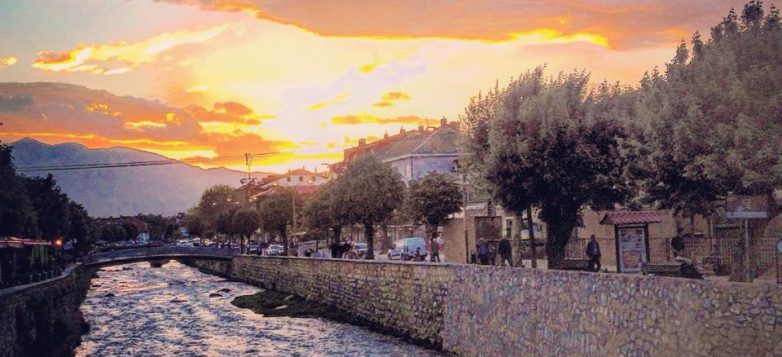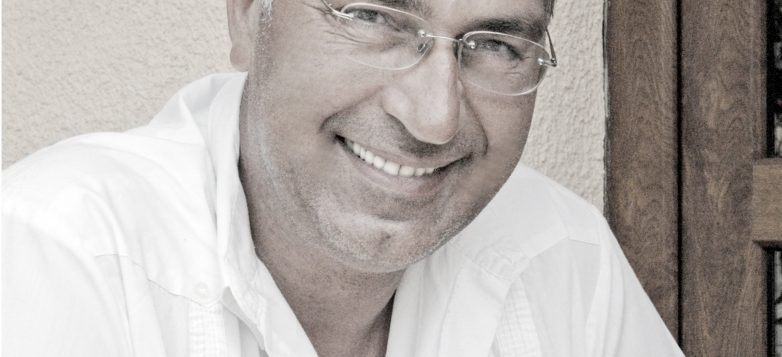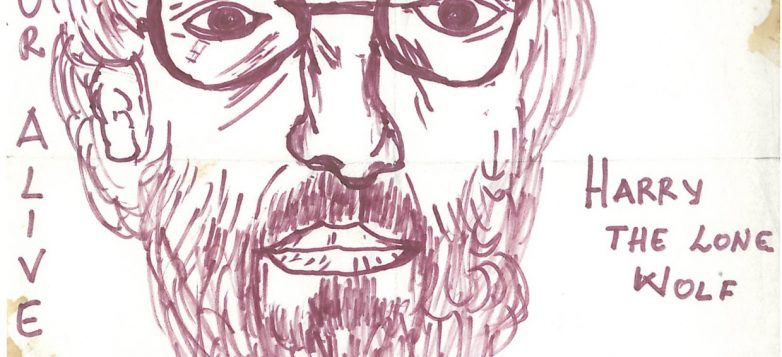PITAJKAT’S WITH EGGS AND SOME OTHER THINGS…
Prizren | January, ’98
In the ninth month of the Islamic calendar, the holy month of Ramadan, Prizren pulsates with its very own rhythm.
Sometime before eight in the evening, the crowd starts to and from the city’s almost thirty mosques. They are mostly men, with young ones accounting for an ever-larger proportion.
Only after tarawih, the city begins to liven up: people visit their relatives (if they have not already been invited to an iftar), the younger ones head towards Shadervan, whereas the elderly prefer to walk near the Bistrica river.
Prizren, too, has cafes, coffee/tea-places and bars. What happens to them during Ramadan? Cafes whose owners are Muslim remove the bottles with firewater from their shelves and replace them with bottles of gazoz (a product of Prizren) or even buttermilk. Sweets are served, too. This is also valid for the tea places, where people play backgammon, which they refer to as ‘shesh-besh’ or ‘tablla.’
What about the bars? Well, it depends how each of them has adapted to the situation. Those who do not allow their clients to start their ‘literary hour’ (that is played with 52 cards, of course) after 23.00 cannot hope to earn a lot, for alcohol goes almost unconsumed during Ramadan in Prizren. But, is that really the case?
Curiosity and a gut feeling tempt me to go to a bar, the owner of whom is a Serb, where I know Albanians hang out at times other than Ramadan (not necessarily sharing a table with Serbs!) and where I see some familiar faces. They are not pleased to meet me there, but they invite me to their table, where one could see a battle between Heineken and Peja Beer, whereas in the background we could hear the rap-version of ‘Staying Alive,’ the once popular hit of the Bee Gees. The talk revolves around graphic design and the newest tendencies in applied arts…
I resume my walk alongside the right-hand side of the river, from Shadervan towards Marash. At 22.00, there are many young ladies at the bars, but soon they will head towards their homes, to leave the city to men. A couple of nights ago, in a bar that after 23.00 converts into a casino (they usually play sorts of ‘Rummy’ and other card games), just as she was leaving the bar as the last of her sort, a woman could not resist screaming “This is a man’s world” from the one-time hit of James Brown.
But not always and not all the time: in between Shadervan in the west and Marash in the east, in front of the Castle to the south and next to Bistrica in the north, I see four young couples. The spring breeze of January and the music coming from the play between the water and the rocks of the river, has them exchanging whispers and kisses…
I don’t disturb them and resume my walk, cross the bridge and while passing by his door, remember the words of the late Gani Tada, who by many was considered to be the Nasreddin Hoca of Prizren: “After having eaten well, either take forty steps, or fall onto your back…”


